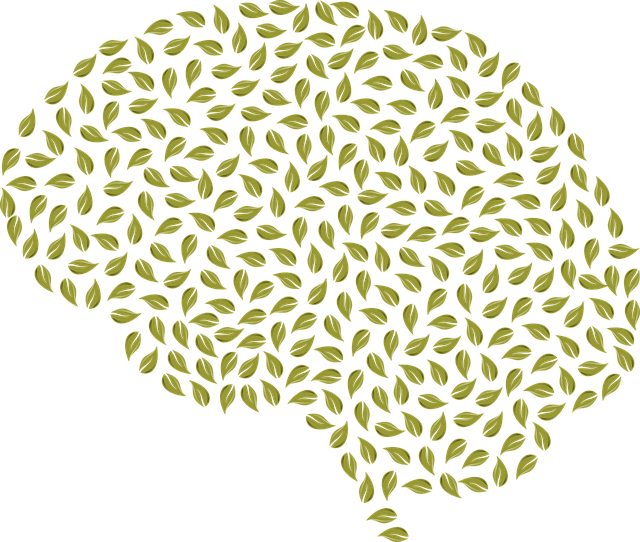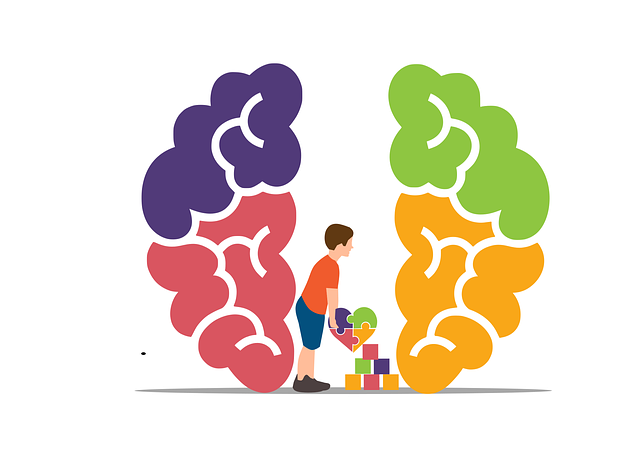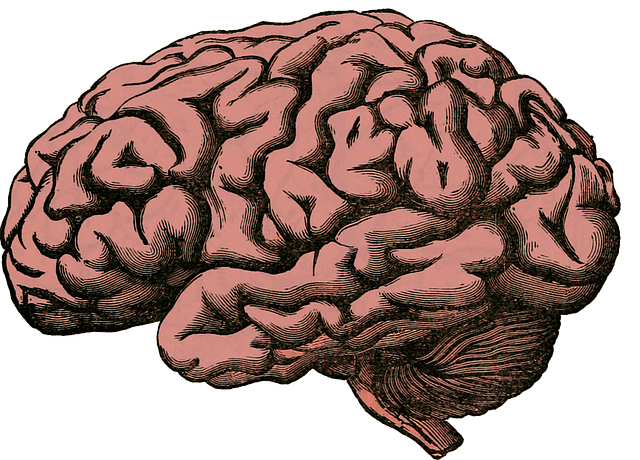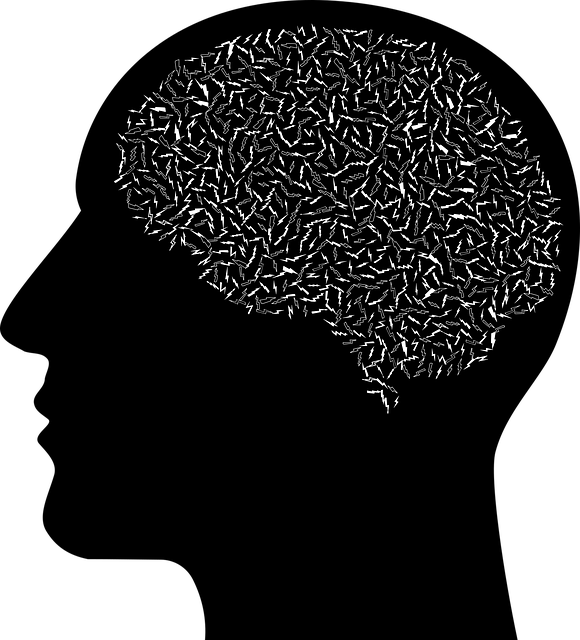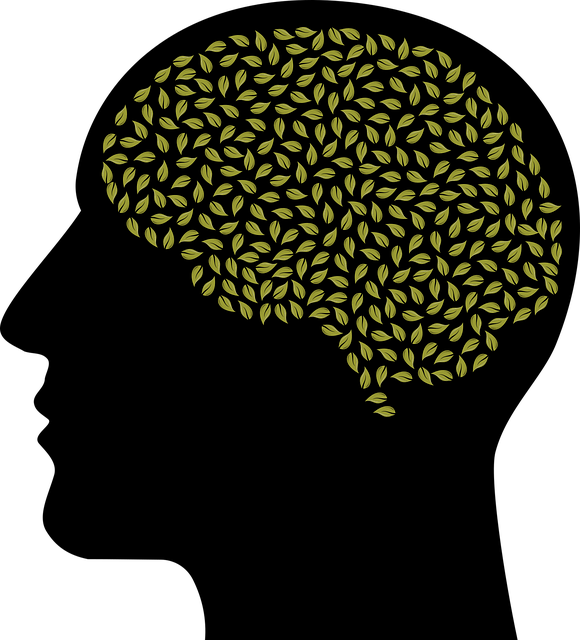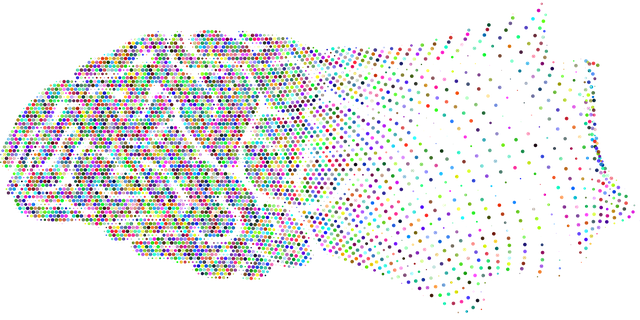Centennial Grief Counseling Therapy (CGCT) is an effective approach for emotional well-being, offering personalized strategies like cognitive restructuring, mindfulness, and stress management techniques. By integrating these practices, individuals gain tools to manage negative thought patterns, reduce anxiety, and enhance self-esteem, ultimately improving mood regulation and overall mental health. CGCT's structured support, whether through group or one-on-one sessions, empowers folks to navigate loss and crises with resilience, fostering better emotional control and a more positive mindset.
Mood regulation is a vital skill in navigating life’s challenges. This comprehensive guide explores various strategies to enhance emotional well-being, focusing on the significant role of Centennial Grief Counseling Therapy. We delve into effective cognitive and behavioral techniques, emphasizing their power in managing moods. From understanding the core concepts to practical practices like mindfulness, this article offers valuable insights for those seeking to harness their emotional resilience. Discover how these strategies can transform your relationship with your mood, fostering a sense of calm and balance.
- Understanding Mood Regulation and its Significance
- The Role of Centennial Grief Counseling Therapy
- Cognitive Strategies for Mood Management
- Behavioral Techniques to Enhance Emotional Well-being
- Integrating Mindfulness and Relaxation Practices
Understanding Mood Regulation and its Significance

Mood regulation is a vital aspect of our overall well-being, especially as it plays a significant role in managing emotional health. It involves understanding and controlling one’s feelings to achieve a state of balance and equilibrium. This process is crucial for navigating life’s challenges, including stressful situations and the complexities of mental illness. By employing effective mood regulation strategies, individuals can enhance their ability to cope with adversity and promote positive mental health outcomes.
Centennial Grief Counseling Therapy offers valuable insights into this realm, emphasizing the importance of self-awareness exercises and stress management techniques. These tools are instrumental in breaking down the barriers created by the stigma associated with mental illness. Through therapy, individuals learn to recognize their emotional patterns, enabling them to make informed decisions about their mental health. By integrating Self-Awareness Exercises and Stress Management into daily routines, people can proactively regulate their moods, fostering resilience and overall well-being.
The Role of Centennial Grief Counseling Therapy

Centennial Grief Counseling Therapy (CGCT) plays a pivotal role in mood regulation by offering a structured approach to managing intense emotions during times of loss or crisis. This therapeutic method goes beyond traditional grief counseling, integrating various techniques to provide comprehensive support. CGCT helps individuals navigate complex feelings, fostering resilience and healthy coping mechanisms. By combining psychological strategies with emotional exploration, it enables clients to process grief and reduce symptoms of anxiety relief.
The effectiveness of CGCT lies in its ability to offer crisis intervention guidance tailored to individual needs. Through group sessions or personalized counseling, participants learn to recognize and manage their emotional responses, leading to improved mental well-being. Furthermore, public awareness campaigns development centered around CGCT can help destigmatize grief and provide much-needed support for those experiencing loss, ultimately contributing to better mood regulation in communities.
Cognitive Strategies for Mood Management

Cognitive strategies play a pivotal role in mood regulation, offering powerful tools for individuals seeking to manage their emotional well-being. One effective approach is cognitive restructuring, which involves identifying and challenging negative thought patterns. By replacing self-defeating beliefs with more realistic and positive ones, individuals can significantly impact their mood. For instance, someone struggling with anxiety might learn to reframe catastrophic thoughts as manageable challenges, reducing feelings of overwhelming fear and enhancing a sense of control.
Centennial Grief Counseling Therapy incorporates these cognitive strategies to help clients navigate complex emotions. Through this therapy, individuals are encouraged to explore their thoughts and feelings, fostering self-awareness and self-compassion. Additionally, compassion cultivation practices have shown remarkable benefits in improving mood and overall mental health. By learning to be kinder and more understanding towards themselves, individuals can boost their self-esteem and create a more positive mindset, thereby effectively managing stress and emotional challenges.
Behavioral Techniques to Enhance Emotional Well-being

Behavioral techniques play a pivotal role in enhancing emotional well-being and are often integral to practices like Centennial Grief Counseling Therapy. These strategies empower individuals to manage their moods effectively by focusing on observable behaviors and thoughts. One powerful technique is cognitive reframing, where people learn to challenge negative thought patterns and replace them with more positive and realistic ones, thereby influencing mood regulation.
Additionally, communication strategies are essential tools in emotional regulation. Open and honest dialogue allows individuals to express their feelings and needs, fostering better understanding and connection with others. This, in turn, can lead to improved self-esteem as people feel heard and validated. Effective communication also facilitates problem-solving, enabling individuals to navigate challenging situations with greater resilience and emotional stability.
Integrating Mindfulness and Relaxation Practices

Incorporating mindfulness and relaxation practices into daily routines can be a powerful tool for mood regulation, as recommended by Centennial Grief Counseling Therapy. These techniques enable individuals to cultivate inner strength development and enhance their ability to navigate life’s challenges with resilience. By taking a step back from stressful situations and focusing on the present moment, one can foster a sense of calm and reduce emotional reactivity.
Mindfulness meditation and deep breathing exercises are simple yet effective methods to manage stress. They allow individuals to recognize and accept their emotions without judgment, promoting positive thinking and a clearer perspective. Stress Management Workshops Organization often emphasizes these practices as foundational elements for overall well-being, helping participants learn to respond rather than react to stressful scenarios, thereby improving their emotional health and outlook on life.
Mood regulation is a multifaceted skill that significantly impacts our overall well-being. By understanding the importance of managing emotions, individuals can employ various strategies like Centennial Grief Counseling Therapy, cognitive reframing, behavioral activation, and mindfulness practices to enhance emotional resilience. Integrating these techniques offers a holistic approach to navigating life’s challenges, fostering better mental health outcomes, and improving overall quality of life.
